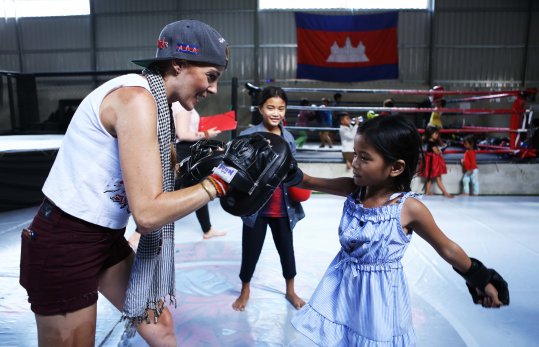Does your child has many ideas? Are they quick to learn something by heart? When they see someone in need, do they try to help? Together, think about what your child likes to do and what they enjoy. Maybe there’s something they always do well. Analyse their strengths. To do this, you can use our questionnaire for the child.
You might not have had the chance to notice how many strengths your child has! Use the parent’s questionnaire to help them name their potential strengths. Remember not to value or compare your children. Emphasise that each of you can be good at something else and that is their strength.
My advantages – medals for the whole family
Everyone has a ‘gift’ and is talented at something. Everyone is valuable and it’s worth reminding people about it; for example, by saying nice things to each other. We suggest you make ‘merit medals’ for each of you. Prepare crayons, ribbons or string and sheets of paper that you can cut your medals from. Your task is to prepare a medal for each family member and write on it their three biggest gifts. Colour the medals, making them positive and colourful. When you’re ready, read what you wrote down out loud and drape the medals around each other’s necks. How do you feel when you hear about your strengths? The game can go on. Maybe someone will want to add something in the future?


